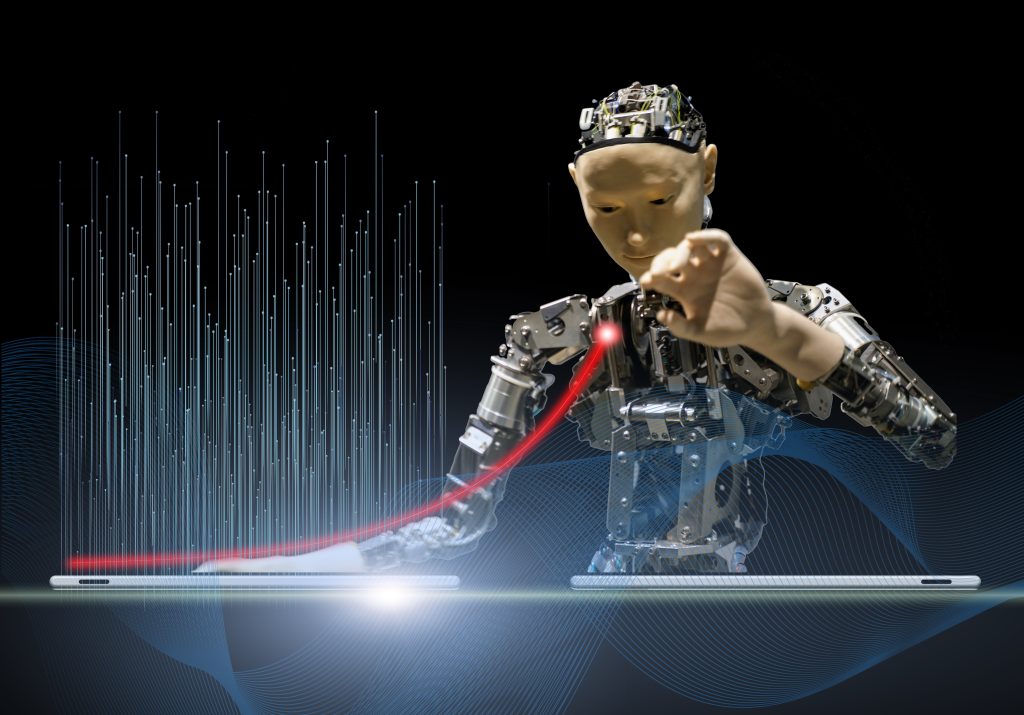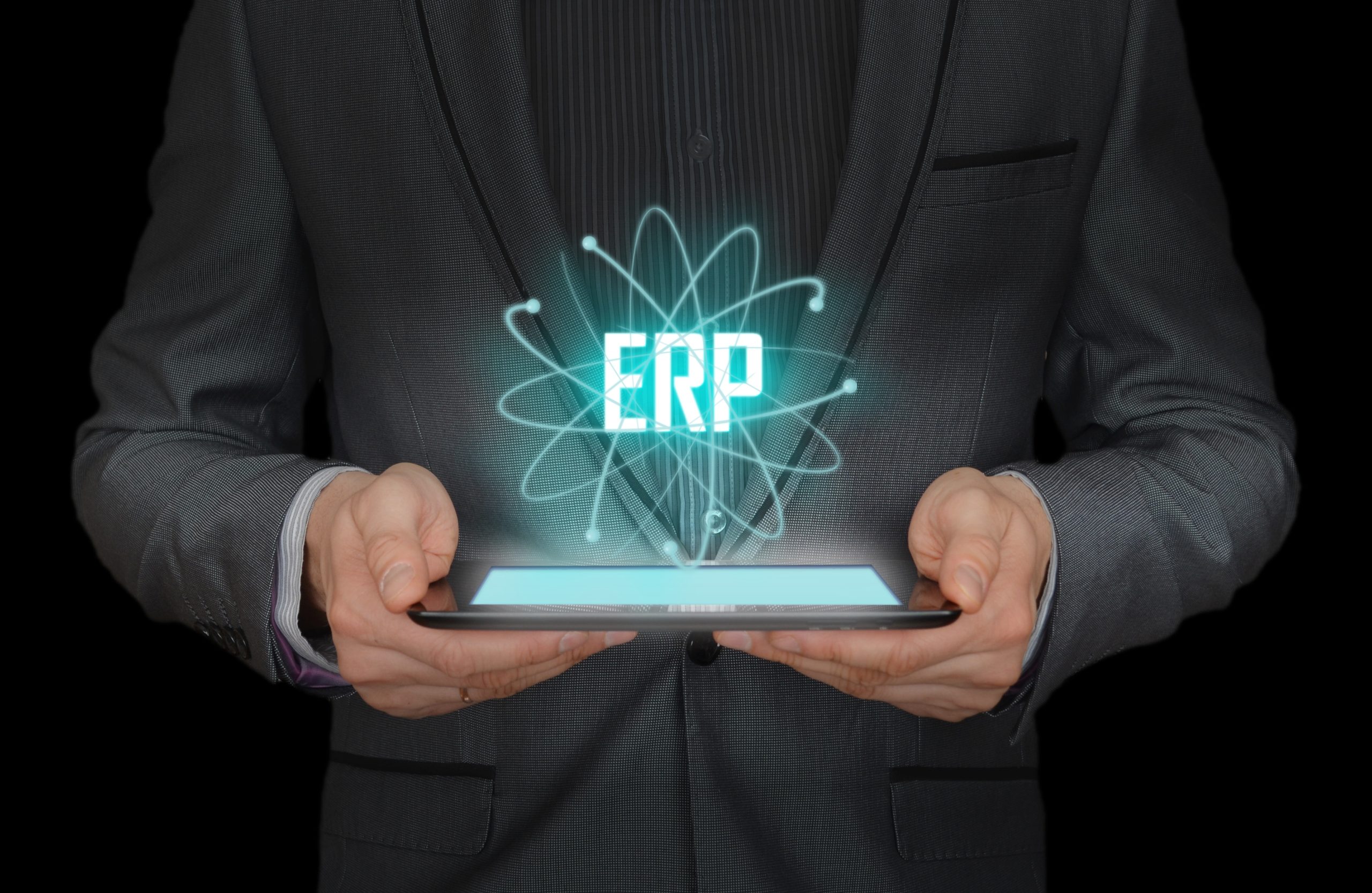With enterprise technology, one question looms large: Can artificial intelligence (AI) replace traditional Enterprise Resource Planning (ERP) systems? As businesses increasingly adopt AI-driven tools to optimize operations, the relationship between AI and ERP has sparked debates among industry experts. This article delves into the synergies, challenges, and potential outcomes of this technological evolution, offering insights for businesses navigating the intersection of AI and ERP.

Understanding ERP: The Backbone of Business Operations
Enterprise Resource Planning (ERP) systems have long been the cornerstone of organizational efficiency. By integrating core business functions such as finance, supply chain, human resources, and customer relationship management into a unified platform, ERP solutions enable real-time data sharing, streamline workflows, and enhance decision-making. For decades, ERPs like SAP, Oracle, and Microsoft Dynamics have helped businesses reduce operational silos, improve compliance, and scale processes.
However, traditional ERP systems are not without limitations. Many rely on manual data entry, static reporting, and rule-based automation, which can lead to inefficiencies in dynamic environments. This is where AI enters the conversation.
The Rise of AI in Business Automation

Artificial intelligence encompasses technologies like machine learning (ML), natural language processing (NLP), and predictive analytics. Unlike conventional software, AI systems learn from data patterns, adapt to new information, and make autonomous decisions. From chatbots handling customer queries to algorithms predicting market trends, AI is reshaping industries by enabling faster, data-driven outcomes.
In the context of ERP, AI’s potential lies in augmenting existing capabilities rather than merely automating tasks. For example:
- Predictive Analytics: AI can analyze historical ERP data to forecast demand, optimize inventory, and prevent equipment failures.
- Process Optimization: Machine learning algorithms identify bottlenecks in workflows, suggesting improvements to enhance productivity.
- Intelligent Automation: AI-powered tools handle repetitive tasks (e.g., invoice processing) while allowing employees to focus on strategic activities.
These advancements suggest that AI isn’t a threat to ERP but a transformative ally.
AI and ERP: Collaboration Over Competition
The notion of AI replacing ERP oversimplifies the complexities of enterprise systems. Instead, the future likely hinges on compromise where AI enhances ERP functionalities, creating smarter, more adaptive platforms. Here’s how this synergy is unfolding:
1. Enhanced Decision-Making with AI-Driven Insights
ERP systems generate vast amounts of data, but extracting actionable insights often requires human intervention. AI bridges this gap by analyzing data in real time, offering prescriptive recommendations. For instance, an AI-integrated ERP could alert procurement teams to supplier risks or suggest pricing adjustments based on market conditions. Companies like SAP are already embedding AI modules (e.g., SAP Leonardo) into their ERP suites to enable such capabilities.
2. Autonomous Workflows and Self-Healing Systems
Imagine an ERP system that not only flags a production delay but also autonomously reroutes resources to mitigate the issue. With AI, ERPs can evolve into self-healing systems that anticipate problems and resolve them without human input. This level of autonomy reduces downtime and operational costs, particularly in manufacturing and logistics.
3. Personalized User Experiences
AI can tailor ERP interfaces to individual user roles, simplifying navigation and improving adoption rates. For example, a sales manager might see real-time revenue dashboards, while an HR executive receives alerts about employee retention risks. Platforms like Microsoft Dynamics 365 leverage AI to deliver role-specific insights, enhancing user engagement.
4. Improved Compliance and Risk Management
Regulatory compliance is a critical yet resource-intensive aspect of ERP systems. AI can monitor transactions for anomalies, detect fraud, and ensure adherence to industry standards. By continuously learning from new regulations, AI-powered ERPs reduce legal risks and audit burdens.
Challenges to AI-ERP Integration
While the fusion of AI and ERP holds promise, several hurdles must be addressed:
- Data Quality and Integration: AI’s effectiveness depends on clean, structured data. Many organizations struggle with fragmented data across legacy systems, limiting AI’s accuracy.
- Cost and Complexity: Implementing AI within ERP requires significant investment in infrastructure, talent, and change management. Small businesses may find this prohibitive.
- Ethical and Security Concerns: Autonomous systems raise questions about data privacy, algorithmic bias, and accountability. Businesses must establish governance frameworks to address these risks.
The Case for AI as an ERP Replacement: Fact or Fiction?
Proponents of AI replacing ERP argue that standalone AI platforms could eventually outperform traditional systems. Startups like Celonis offer process mining tools that use AI to map and optimize workflows without relying on ERP frameworks. Additionally, cloud-native AI solutions are inherently scalable, making them attractive for agile enterprises.
This argument overlooks ERP’s foundational role in standardizing processes and centralizing data. AI excels at specific tasks but lacks the integration that ERPs provide. Instead of displacement, the trend points to AI-first ERPs next-generation platforms where AI is natively embedded, not retrofitted.
The Future of ERP: Intelligent, Adaptive, and Human-Centric
The evolution of ERP will likely follow three trajectories:
- AI-Powered ERP Suites: Major vendors are already infusing AI into their offerings. For example, Oracle’s Autonomous Database uses ML to self-patch and optimize performance, reducing administrative tasks.
- Industry-Specific Solutions: AI will enable hyper-customized ERPs for sectors like healthcare or retail, addressing unique regulatory and operational needs.
- Democratization of AI: As AI tools become more accessible, even mid-sized businesses will leverage intelligent ERPs to compete with larger enterprises.
Critically, human expertise remains irreplaceable. AI can process data at unprecedented speeds, but strategic decision-making, creativity, and ethical judgment will stay in the human domain.
Preparing for an AI-Driven ERP Future

Businesses looking to stay ahead should consider these steps:
- Audit Existing Systems: Assess your ERP’s AI readiness. Identify gaps in data quality, integration, and scalability.
- Prioritize Use Cases: Focus on AI applications that deliver quick wins, such as automating financial reporting or enhancing customer service.
- Invest in Upskilling: Equip employees with the skills to work alongside AI tools, fostering a culture of continuous learning.
- Partner with Innovators: Collaborate with ERP vendors and AI specialists to co-develop solutions tailored to your needs.
A Symbiotic Evolution
The question isn’t whether AI will replace ERP, but how the two will come together to redefine enterprise efficiency. AI introduces unprecedented agility and intelligence, ERP remains the backbone that ensures coherence and continuity. Together, they form a symbiotic relationship where AI amplifies ERP’s capabilities, and ERP provides the structured environment AI needs to thrive.
For businesses, this evolution is an opportunity, not a threat. By embracing AI-augmented ERP systems, organizations can unlock new levels of productivity, innovation, and resilience. The future belongs to those who view AI not as a disruptor but as the next logical step in ERP’s journey.

Leave a Reply